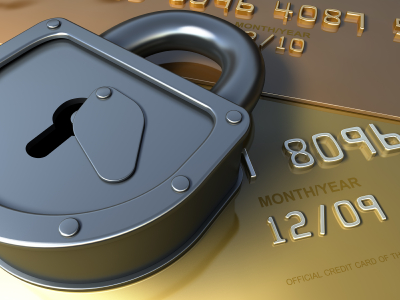One of the advantages of modern urban banking is the potential to build a long relationship with a trusted financial institution. A bank that knows you as a customer can benefit you in many ways. They may be more willing to accept your loan applications, and they might even offer lower rates on both loans and mortgages. Your bank is also more likely to offer you credit, including secured credit cards.
You may be wondering what the difference is between a secured credit card and an unsecured credit card. Secured cards work on the same principle that secured loans do, which means that the card will be offered in exchange for some kind of collateral. Unsecured and average credit cards do not require collateral. In the case of secured cards, the collateral in question is accepted in the form of a security deposit to the card issuer before they open your account.
Why would someone want a secured card? Secured card holders tend to be people who need to either build credit for the first time, or rebuild it after negative experiences have had a negative effect on their credit scores. Young people and recent immigrants often opt for secured cards as a way of getting their foot in the door and proving themselves to be credit-worthy.
A good secured card will report your history with them to the three major credit bureaus—Experian, Equifax, and Transunion. It’s crucial to choose a card that reports to all three bureaus, because otherwise you will only build history with some of them. This could make it difficult for you in the future, if you apply for credit with a bank (or other company or institution) that only draws your scores from one or two of the bureaus.
Another sign of a quality secured credit card is a fixed rate, rather than a variable one. There won’t be unpleasant surprises when you open a statement from a fixed-rate card. Secured cards without penalty rates or application fees are also best. Ideally, the security deposit you put down before receiving the card will be FDIC insured.
Urban banking should be a great experience and, fortunately, there are great banks out there with which it is a pleasure to do business. It’s a good idea to lay the foundation for a great relationship with a top-notch bank early so that, later on, when you need a secured or unsecured credit card, a loan, or a mortgage, your bank will be there to help you.


















